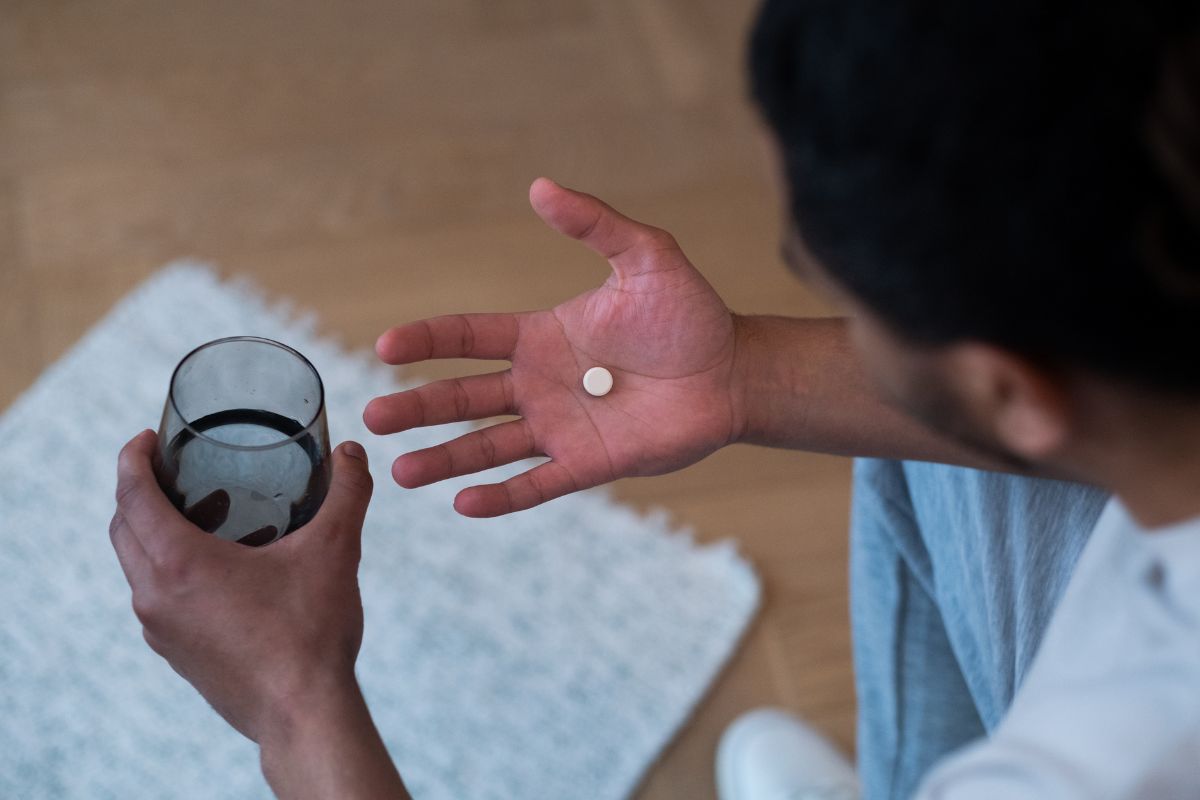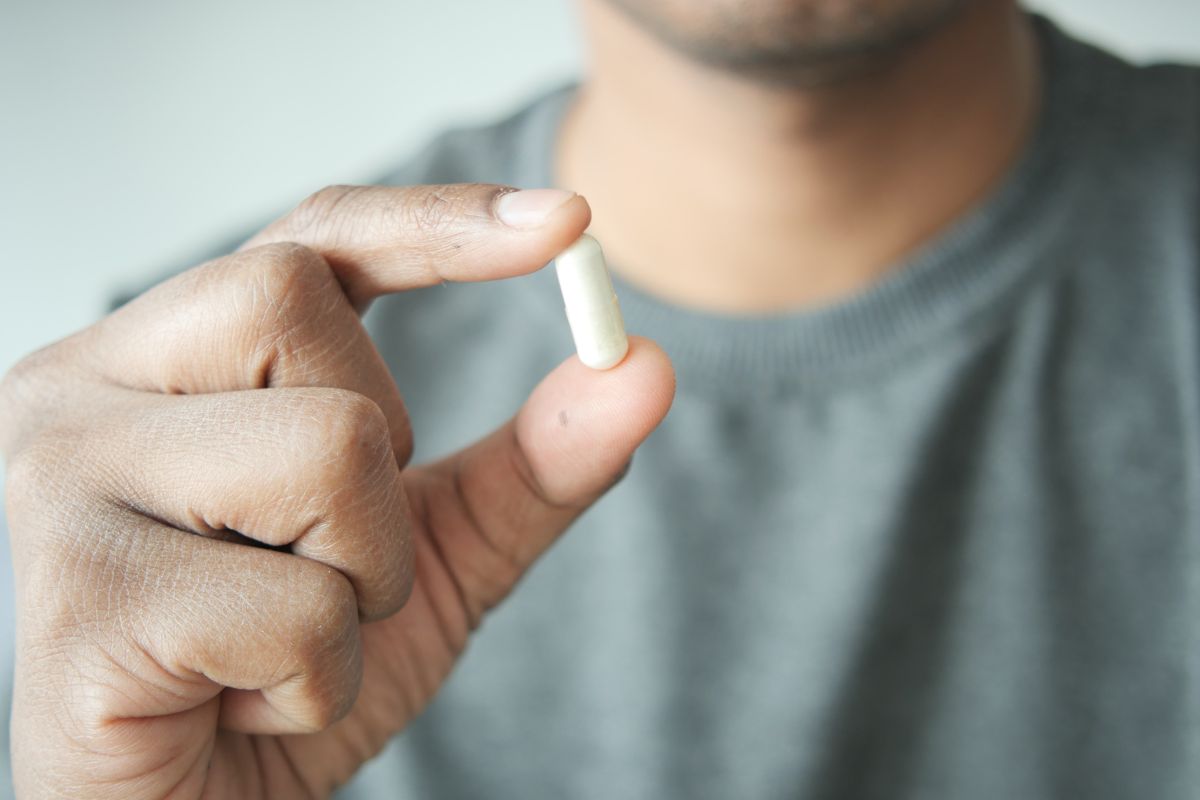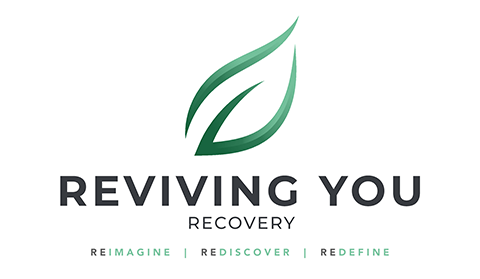How Do I Know If I’m Abusing My Benzodiazepines and Need Treatment?

Benzodiazepines, often prescribed to treat anxiety, insomnia, seizures, and muscle spasms, can be incredibly effective when used as directed. Medications like Xanax, Ativan, Valium, and Klonopin have helped countless people manage debilitating conditions. But despite their therapeutic value, benzodiazepines also carry a high potential for dependence, misuse, and addiction.
If you’ve been prescribed a benzo—or even if you’re using them recreationally—you might find yourself wondering: “How do I know if I’m abusing my benzodiazepines and need treatment?”
At Reviving You Recovery, we believe that asking this question is already a powerful first step. This article will help you explore the warning signs of benzodiazepine misuse, understand the risks of long-term use, and learn when it might be time to seek professional help.
Understanding Benzodiazepine Use vs. Abuse
To understand if you’re misusing benzodiazepines, it’s important to distinguish between use, misuse, and addiction.
- Use: Taking benzodiazepines exactly as prescribed, for a short period, under close medical supervision.
- Misuse: Taking larger doses than prescribed, using them for longer than directed, combining with other substances (like alcohol or opioids), or using benzos without a prescription.
- Addiction: A chronic, relapsing condition characterized by compulsive drug seeking and use, despite harmful consequences.
You don’t have to be physically dependent or in full-blown addiction to be at risk. Even casual misuse or increasing reliance can indicate it’s time to reevaluate your relationship with the drug.
Signs You May Be Abusing Benzodiazepines
Here are some red flags that your benzodiazepine use may be crossing the line:
1. You’re Taking More Than Prescribed
If your prescribed dose no longer seems effective and you find yourself taking extra pills to “feel normal” or get through the day, this is a strong sign of growing tolerance—and a red flag for abuse.
2. You Experience Withdrawal Symptoms
Benzodiazepines can cause withdrawal symptoms when you stop or reduce your dose, especially if you’ve been using them for a long time. Common withdrawal signs include:
- Anxiety or panic attacks
- Insomnia
- Sweating or shaking
- Irritability
- Muscle pain or stiffness
- Nausea
- Heart palpitations
More severe symptoms can include hallucinations, seizures, and psychosis—especially if you quit cold turkey.
3. You’re Preoccupied With the Drug
If you’re constantly thinking about when you can take your next dose, worrying about running out, or planning your day around your benzo use, this preoccupation may indicate dependence or addiction.
4. You Use Benzos to Cope With Everyday Stress
Maybe you originally used benzodiazepines for panic attacks or a traumatic event, but now you’re popping pills just to manage everyday stress or boredom. This kind of emotional dependence often spirals into physical dependence.
5. You Combine Benzos With Other Substances
Mixing benzodiazepines with alcohol, opioids, or other depressants can be extremely dangerous and increase the risk of overdose. If you’re combining substances to amplify the effects, it’s a major warning sign.
6. You Hide Your Use From Others
Are you lying about your usage, downplaying it, or hiding it from family, friends, or even your doctor? Deception often accompanies substance misuse and is a clear signal something’s wrong.
7. You’re Suffering Negative Consequences—But Keep Using
You might be missing work, damaging relationships, or feeling increasingly isolated or anxious. Yet you still continue using benzodiazepines, despite the fallout. This is one of the clearest indicators of addiction.

Get Your Questions Answered Now

How Benzodiazepine Abuse Develops
Benzodiazepines work by enhancing the effects of GABA (gamma-aminobutyric acid), a neurotransmitter that calms the nervous system. Over time, your brain may reduce its own production of GABA in response to benzos, causing dependence. As tolerance builds, you need more of the drug to get the same effect, which can lead to:
- Chronic use and higher doses
- Physical and psychological dependence
- Cravings and compulsive behavior
- Withdrawal when you try to stop
What may start as a seemingly harmless prescription can snowball into a life-altering struggle.
Why It’s So Hard to Stop
Many people continue using benzodiazepines because they’re afraid of withdrawal. Others genuinely believe they still “need” the medication for anxiety, sleep, or functioning in daily life. Some don’t even realize how much their behavior has changed until someone points it out.
Benzodiazepine withdrawal can be especially difficult and, in some cases, dangerous without medical supervision. That’s why professional detox and treatment programs like those at Reviving You Recovery are so important.
When Should You Seek Help?
If you’ve identified with any of the signs above, or if your benzodiazepine use is interfering with your life in any way, it’s time to consider seeking help. Here are some indicators that treatment might be necessary:
- You’ve tried to stop and couldn’t
- You feel anxious or depressed without the drug
- You’ve isolated from friends or family
- Your health, career, or relationships are suffering
- You’re experiencing memory issues, confusion, or foggy thinking
- You need benzos just to function “normally”
What Treatment Looks Like at Reviving You Recovery
At Reviving You Recovery, we provide compassionate, personalized care for those struggling with benzodiazepine abuse. Our treatment programs are designed to support you through every step of the recovery process—from medical detox to long-term healing.
1. Medical Detox
Detoxing from benzodiazepines requires expert care. Withdrawal can be physically and emotionally intense—and even dangerous without proper support. Our medical team provides tapering protocols to help you safely come off the drug while minimizing discomfort.
2. Residential Treatment
After detox, residential treatment offers a structured, supportive environment where you can focus on your recovery without distractions. Therapy, education, and community support help you explore the root causes of your substance use and build healthier coping strategies.
3. Dual Diagnosis Support
Many people who misuse benzos do so in response to underlying mental health conditions like anxiety, depression, PTSD, or trauma. We specialize in dual diagnosis treatment, addressing both your substance use and mental health together for deeper, more lasting healing.
4. Individual and Group Therapy
In therapy, you’ll gain insight into your behaviors and thought patterns, learn to manage cravings and triggers, and develop healthier ways to handle stress. Group sessions provide a space for connection, accountability, and shared understanding.
5. Aftercare and Relapse Prevention
Recovery doesn’t end when you leave treatment. We’ll work with you to create a personalized aftercare plan, including ongoing therapy, support groups, sober living options, and other resources to help you stay on track.

You’re Not Alone—And Recovery Is Possible
It’s easy to feel shame or guilt when you realize you’ve lost control of your benzodiazepine use. But addiction isn’t a moral failing—it’s a medical condition that requires support, understanding, and treatment.
The good news? People recover from benzo addiction every day. With the right care, you can reclaim your life, restore your health, and rebuild your sense of purpose.
At Reviving You Recovery, we’re here to walk that path with you—no judgment, just healing.
Ready to Take the First Step?
If you’re asking yourself whether you’re abusing benzodiazepines, it may be time to talk to someone. You don’t need to hit rock bottom to get help. Early intervention can save your health, your relationships, and even your life.
Reach out to Reviving You Recovery today to speak with a caring member of our team. We’re here to answer your questions, talk about your concerns, and help you take the first step toward a life free from the grip of benzodiazepines.
Final Thoughts
Knowing when casual or prescribed benzo use turns into something more serious can be hard to pinpoint, especially when the signs creep in slowly. But if you’ve read this far and you’re wondering, it’s worth exploring further. You deserve clarity, support, and a life that isn’t dependent on a pill bottle.
Let Reviving You Recovery be your guide toward freedom. Healing starts with one decision—and we’re here when you’re ready to make it.
We Accept Most Insurances
We are in network with:






We know insurance coverage can be a source of uncertainty for people. We make sure you have all the information necessary. The great news is health insurance can potentially cover the total treatment costs. If you don't have insurance, we offer cash payment options for our treatment programs and are committed to working with clients regardless of financial situations.
